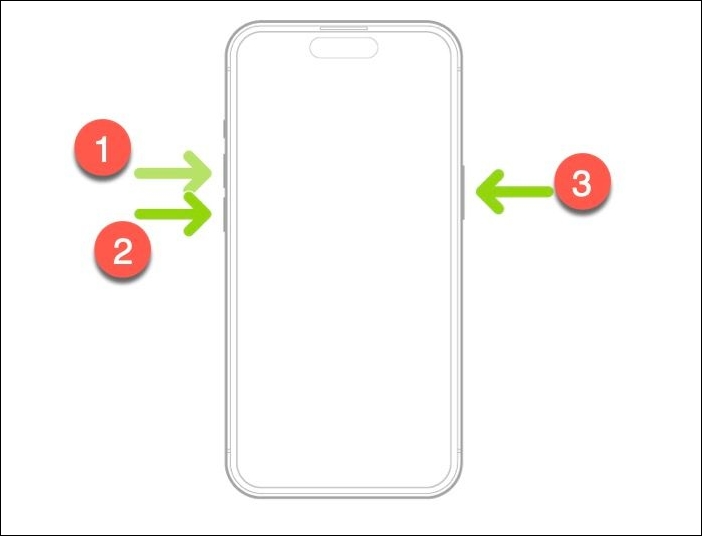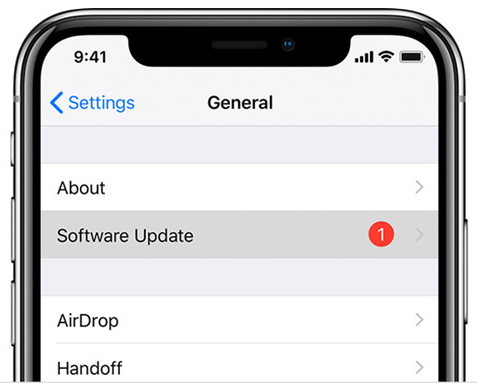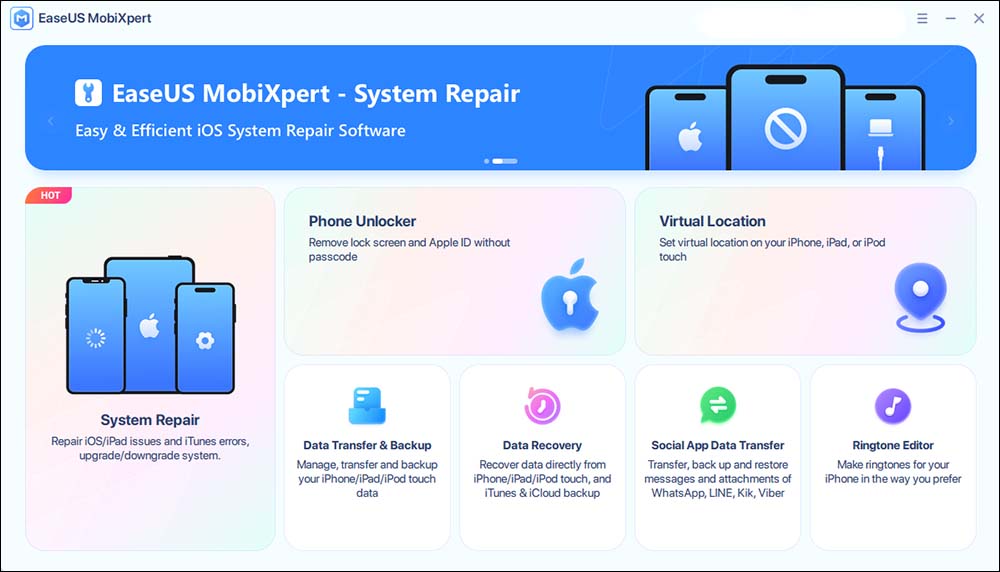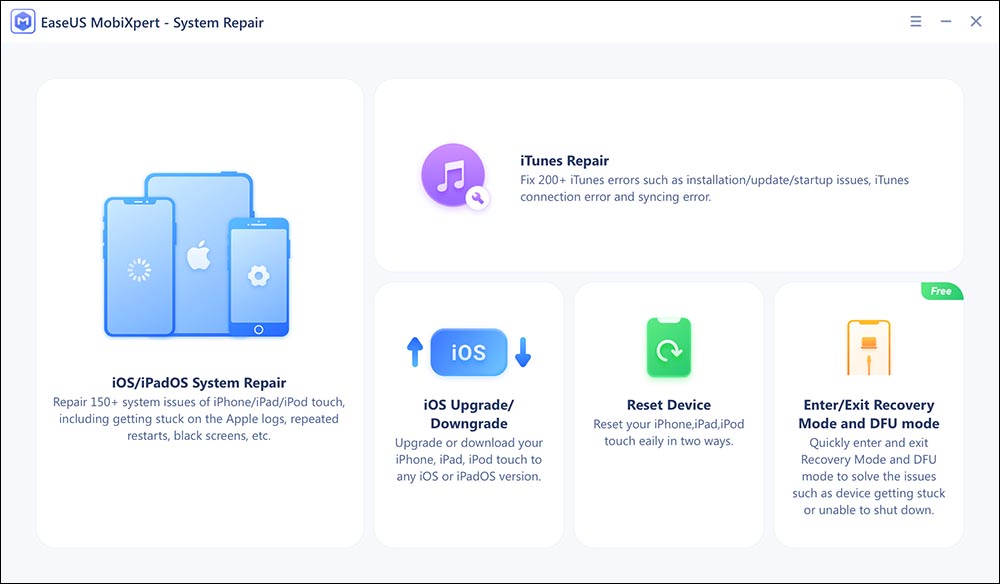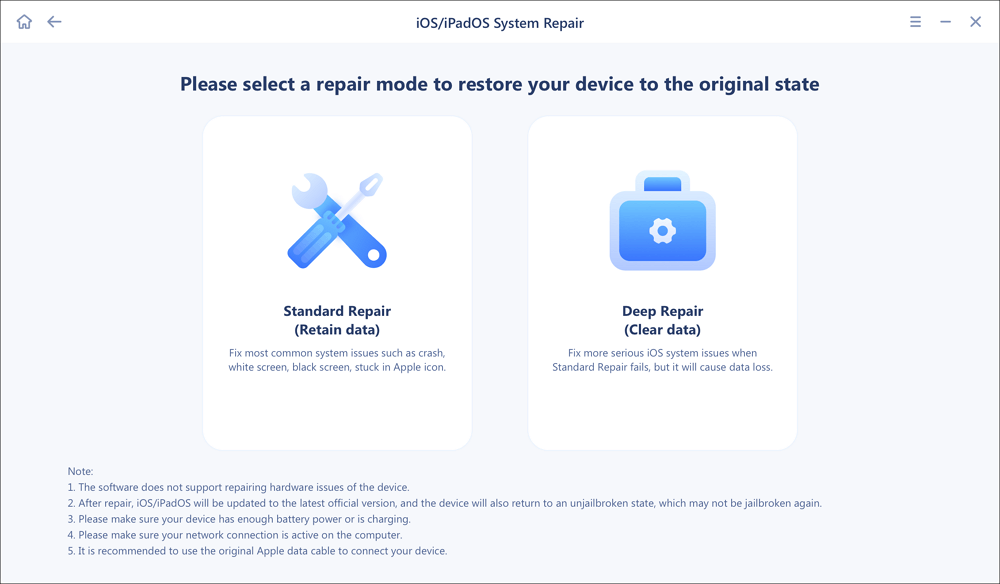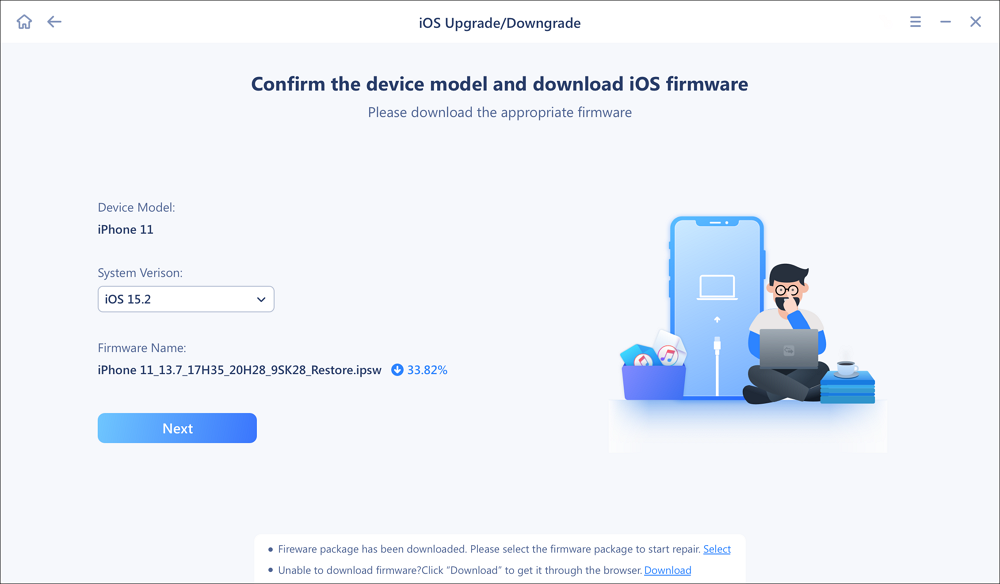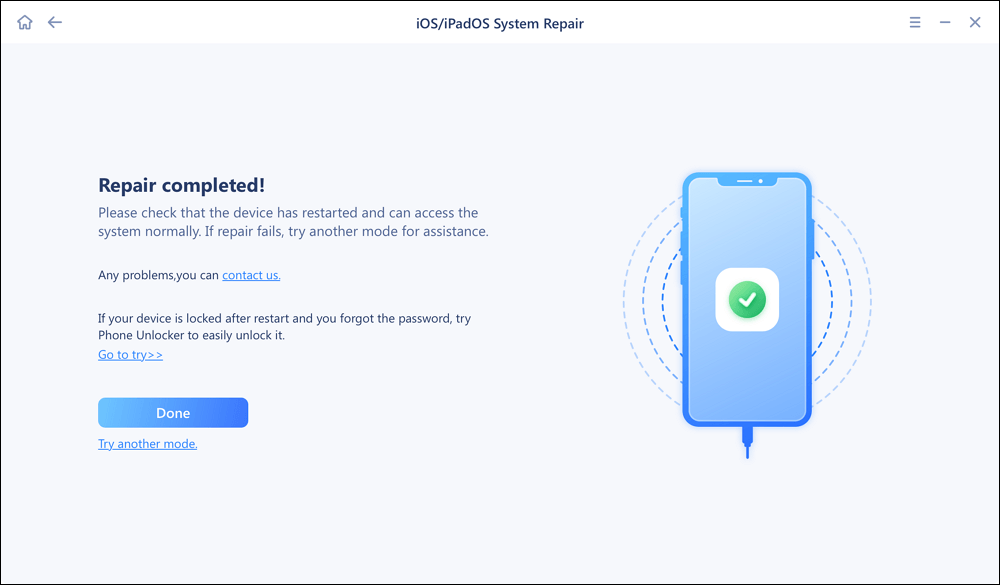Excitement reigns among iPhone users whenever a new iOS update is unveiled because they can now check out what it has to offer and any improvements. The same thing happened with the latest iOS 18 update, but quite a number of individuals started facing trouble after updating their iPhones to this version. Nowadays, one of the most common issues related to iOS 18 is that it makes iPhones on this kind of OS restart themselves unpredictably with no discernible cause, thus leaving upset people looking for answers. If you are one of those struggling with the iPhone that keeps restarting after the iOS 18 update, we will discuss some possible reasons why your iPhone behaves like that and amazing fixes.
Why Does iPhone Keep Restarting After iOS 18 Update
Some iPhone users have been experiencing continuous restart issues after upgrading to iOS 18. Where you are also having such problems, it is important to analyze the root cause of this problem, as it helps a lot in troubleshooting effectively. Here are some of the common reasons why your iPhone keeps restarting after updating to iOS 18.
1️⃣iOS 18 Software Glitches
One main reason for the restarting issue is software glitches in iOS 18. Although Apple works hard to improve its operating system, some minor bugs or compatibility issues can occur during major updates. These glitches can disrupt your iPhone's normal operation, leading to unexpected restarts.
2️⃣Compatibility Issues
Another common cause is compatibility issues. Not all apps and third-party software are quickly updated to work with new iOS versions. As a result, outdated apps may clash with iOS 18, causing system instability and restarts.
3️⃣Hardware Problems
While it's less common, hardware issues can also lead to your iPhone restarting after an update. Problems like battery malfunctions or failures in internal components may worsen with the new software, causing frequent restarts.
How to Fix iPhone Restarting After iOS 18 Update
If your iPhone keeps rebooting after updating to IOS 18, there are a number of effective ways through which you can address this problem. Here are some of the best and easiest solutions that will help get your device functioning normally again.
Method 1: Force Restart Your iPhone
A force restart is a simple yet effective way to resolve minor software glitches that may be causing your iPhone to restart.
Step 1. Press and hold the side button until you see the slider for turning off your iPhone.
Step 2. Slide it to the right to turn off your device.
Step 3. Once the iPhone is turned off, wait for a few moments, and then press and hold the side button again until the Apple logo appears.
Step 4. Release the Side button when you see the Apple logo.
![force restart iphone]()
Method 2: Update Your Apps
Keeping your applications updated is crucial for ensuring they are compatible with iOS 18. Follow these steps to update your apps:
Step 1. Open the App Store on your iPhone.
Step 2. Tap on your profile icon in the top-right corner.
Step 3. Scroll down to view pending updates and tap "Update All" to ensure all apps are current.
![app store update all]()
Method 3: Reset All Settings
If issues persist, resetting all settings on iPhone can help restore your device's functionality without erasing your data. Here's how to do it:
Step 1. Open the Settings app.
Step 2. Tap "General," then scroll down and select "Transfer or Reset iPhone."
![reset iphone]()
Step 3. Choose "Reset" and then "Reset All Settings."
Step 4. Enter your passcode if prompted, and confirm your selection.
Method 4: Restore Your iPhone
If none of the above methods work, a complete restore may be necessary. Here's how to restore your iPhone using iTunes:
Step 1. Connect your iPhone to your computer and open iTunes.
Step 2. Select your device when it appears in iTunes.
Step 3. Click on "Restore iPhone."
![restore iphone itunes]()
Step 4. Follow the prompts to set up your device as new or restore from a backup.
Method 5: Remove SIM Card
Sometimes, removing and reinserting the SIM card can help resolve the restarting issue.
Step 1. Use a SIM ejector tool to remove the SIM card from your iPhone.
Step 2. Wait for a few moments and then reinsert the SIM card.
Step 3. Restart your iPhone to see if the issue is resolved.
Method 6: Check for iOS Updates
Apple frequently releases updates to fix bugs and improve system stability. Ensure your iPhone is running the latest version of iOS.
Step 1. Go to Settings on your iPhone.
Step 2. Tap General, then tap Software Update.
![software update iphone]()
Step 3. If an update is available, tap Download and Install.
Advanced Tool to Fix iPhone Restarting After iOS 18 Update
If the methods above don't solve your issue, consider using EaseUS MobiXpert, an advanced solution designed to fix various iOS system problems, including the common iPhone restarting issue. This powerful software aims to make mobile device management less complicated and has several features that can help you resolve your phone's problems quickly and efficiently. It has options for both iPhone and iPad, which include data transfer, backup, and restore.
Here are some of its most prominent features:
- Comprehensive Repair: EaseUS MobiXpert is designed in such a way that it repairs iOS system crashes and update errors, making it a versatile tool for any iPhone user.
- User-Friendly Interface: Even if somebody is not very tech-savvy, he will find ease of use through the design of EaseUS MobiXpert.
- High Success Rate: It has gained worldwide recognition for its ability to fix iOS-related issues affecting people using iPhones and iPads globally.
Acquire EaseUS MobiXpert for its benefits by downloading it from the official site and following an easy installation process using on-screen instructions.
Step 1. Launch EaseUS MobiXpert on your computer, choose "System Repair" from the Home page.
![MobiXpert hompage]()
Step 2. Then, choose "iOS/iPadOS System Repair" from the new screen.
![ios system repair]()
Step 3. Connect your iPhone or iPad to the computer and choose "Standard Repair." If you want a thorough repair, you can choose "Deep Repair."
![select repair mode]()
Step 4. Confirm your device model and click "Next" to move on. Then, EaseUS MobiXpert will download a firmware for you, which will take a while. If you have installed a firmware before using this software, you can directly click "Verify" to continue.
![verify firmware]()
Step 5. Then, click "Repair Now" to start the repair process. After the repair completes, you can check your device and restart it for use.
Conclusion
After upgrading to iOS 18, there is nothing as annoying as frequently restarting your phone, especially when you rely on it for daily tasks and communication. This problem disrupts normalcy in one's life and affects productivity. Luckily, there are some effective means through which you can fix this problem and resume the smooth operation of your iOS device. From simple troubleshooting steps to more advanced techniques, we have discussed several methods in this post. One of them is highly recommended – EaseUS MobiXpert. In just a few clicks, it will resolve the restart issue for you without wasting much effort or time. Besides that, its other notable features consist of data recovery options, a system repair module, and backup choices, among others. Hence keeping your device running perfectly with minimal problems thereby making it a perfect fit for maintaining your iPhone's performance.
FAQs on iPhone Keeps Restarting After iOS 18 Update
Here are the answers to some of the most frequently asked questions about why iPhone keeps restarting after iOS 18 update.
1. Why does my iPhone keep turning off randomly in iOS 18 beta?
In iOS 18 beta, there are a few grounds your iPhone could abruptly go off on its own. These might result from bugs in software, problems with app compatibility or even hardware issues. One can identify and rectify these problems by employing the highlighted techniques below.
2. How do I fix iPhone Siri not working after iOS 18 update?
If Siri is not working after the iOS 18 update, here's how to fix it. Begin by checking if you have an internet connection, as Siri needs that to work properly. Then, visit settings, tap on Siri & Search, and make sure Siri is turned on. If you still have issues, try resetting your settings or use a tool like EaseUS MobiXpert for a more thorough solution.
Share this post with your friends if you find it helpful!
